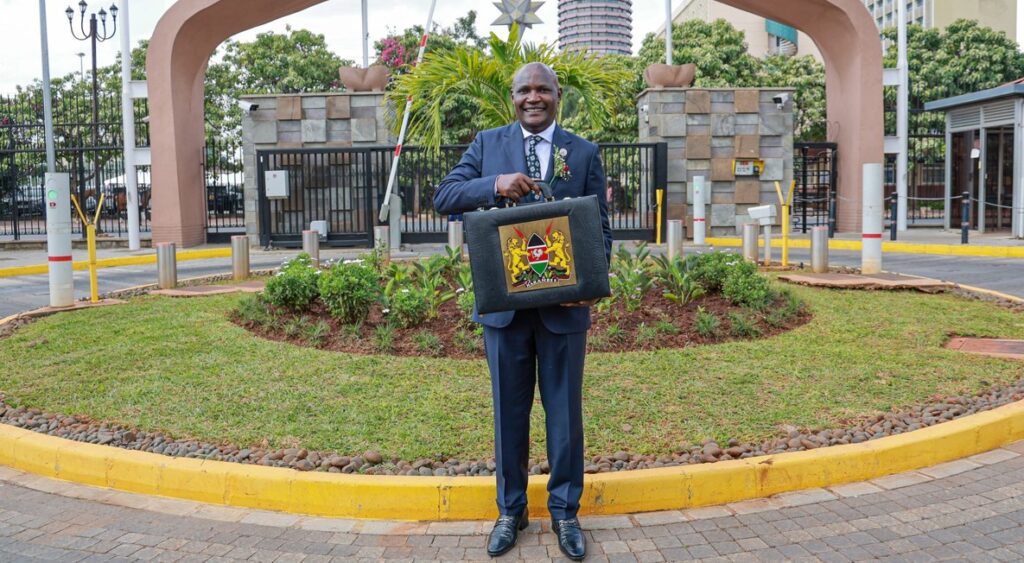Kenya’s education sector has received a significant boost with a Sh702.7 billion allocation in the 2025/26 financial year, accounting for 28 per cent of the country’s Sh4.29 trillion national budget. The funding underscores the government’s stated commitment to education despite increasing scrutiny over delayed capitation disbursements, a ballooning public debt, and questions over the sustainability of free education.
While tabling the estimates in Parliament on Thursday, Treasury Cabinet Secretary John Mbadi outlined the sector’s funding priorities, with the Teachers Service Commission (TSC) allocated the largest share at Sh387.2 billion. This includes Sh7.2 billion for the recruitment of intern teachers and Sh980 million for capacity building under the Competency-Based Curriculum (CBC).
“The allocation for TSC will include Sh7.2 billion for recruitment of intern teachers and Sh980 million for capacity building of teachers on the Competency-Based Curriculum,” Mbadi told MPs.
Free Education and Capitation
The Treasury has allocated Sh7 billion for free primary education, Sh28.9 billion for junior secondary school capitation, and Sh51.9 billion for free day secondary education. An additional Sh5.9 billion will fund national examinations, and Sh3 billion will support the school feeding programme.
In technical and vocational education, Sh4 billion has been earmarked for a TVET and entrepreneurship project, while Sh1.4 billion will go to the construction and equipping of technical training institutes. Infrastructure development at the basic level has been allocated Sh1.7 billion.
The Kenya Primary Education Equity in Learning Programme is set to receive Sh13.3 billion, and the Kenya Secondary School Quality Improvement Project gets Sh2.3 billion.
HELB and University Education
The Higher Education Loans Board (HELB) allocation has risen to Sh41.5 billion, up from Sh35 billion last year. Other notable allocations include Sh16.9 billion for university scholarships, Sh7.7 billion for TVET capitation and scholarships, and Sh993 million for research, science, technology, and innovation.
Delays and Debt Pressure
Despite the historic allocation, Education Cabinet Secretary Julius Ogamba raised concerns over persistent delays in releasing capitation funds to schools. Appearing before the National Assembly’s Education Committee, Ogamba warned that free education may not be sustainable unless disbursements match budgetary promises.
“Can we have the full amount that we have requested so the debt does not continue accumulating?” Ogamba asked MPs.
In Term One of 2025, only Sh14 billion was disbursed to schools against a budgeted Sh28 billion, forcing institutions to operate at 50 per cent funding. Cumulatively, capitation shortfalls have grown to Sh64 billion over the last five years, sparking fears of service disruptions and compromised learning standards.
“Between parents, the Ministry, and the government, we need to sit down and see what can be done,” Ogamba said, hinting at a possible cost-sharing policy—a move that could dismantle the free education legacy of the late President Mwai Kibaki.
Currently, annual capitation stands at Sh1,420 per primary pupil, Sh15,043 per junior secondary learner, and Sh22,244 for each secondary school student.
As pressure mounts, education stakeholders are demanding greater financial accountability and timely disbursement to ensure the ambitious budget translates into tangible outcomes on the ground.


